A letter on race and equity from MountainTrue’s co-directors
Like many organizations, we have begun taking a hard look at the role MountainTrue should play in the new national dialogue on race and equity. To be clear, equity has been a focus for us for several years now, mostly in terms of training and awareness for our board and staff, but the death of George Floyd and the ensuing outcry for racial justice has pushed us to ask what else we can and should do.
You might ask, why should MountainTrue do anything? We are an environmental advocacy organization, not a social or racial justice organization, right? Sure, it would make sense for us to work on environmental issues that impact communities of color, but why should we go beyond that? Shouldn’t we let other groups that are focused on racial issues fight this fight?
These are good and understandable questions. And we have answers to them …
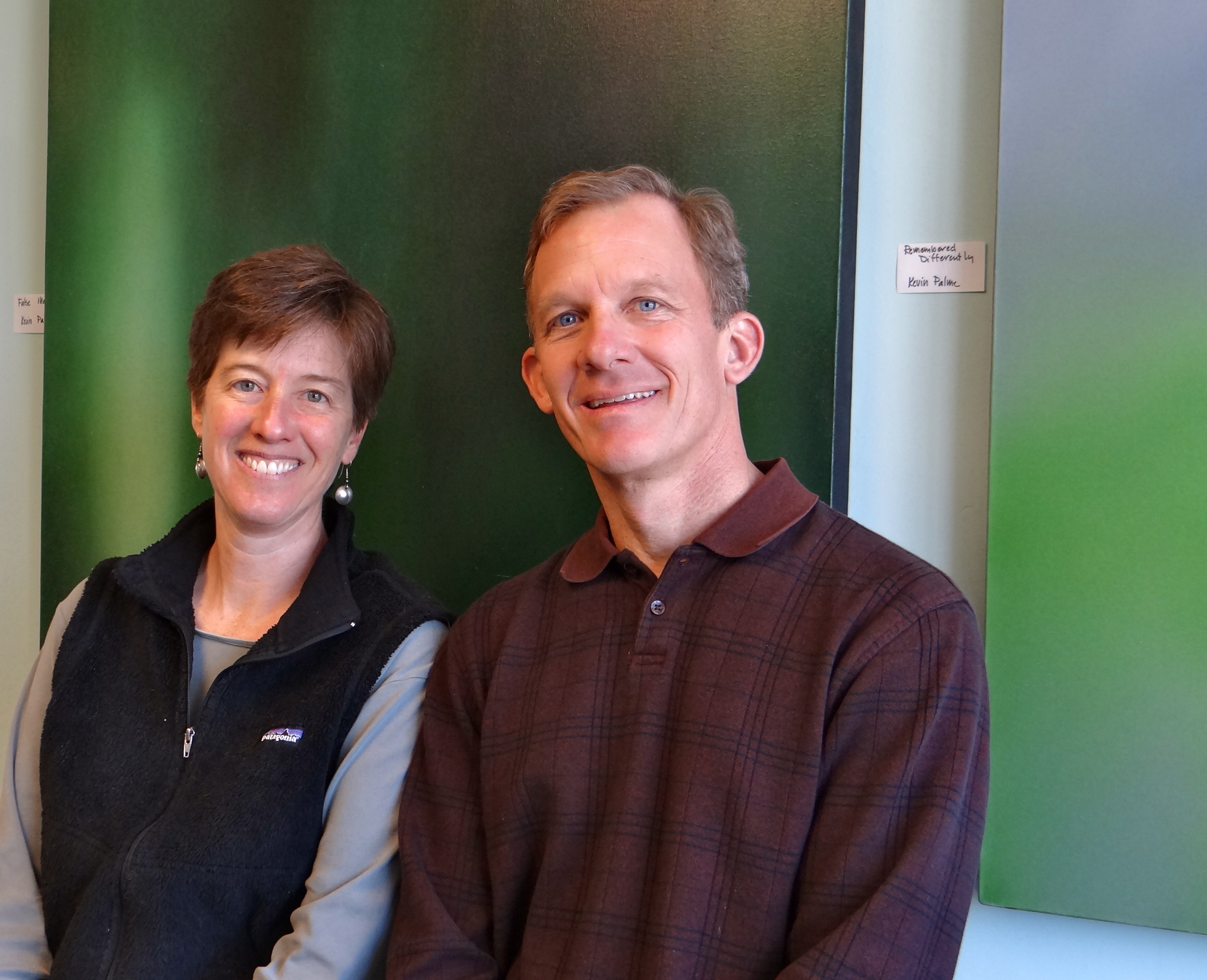
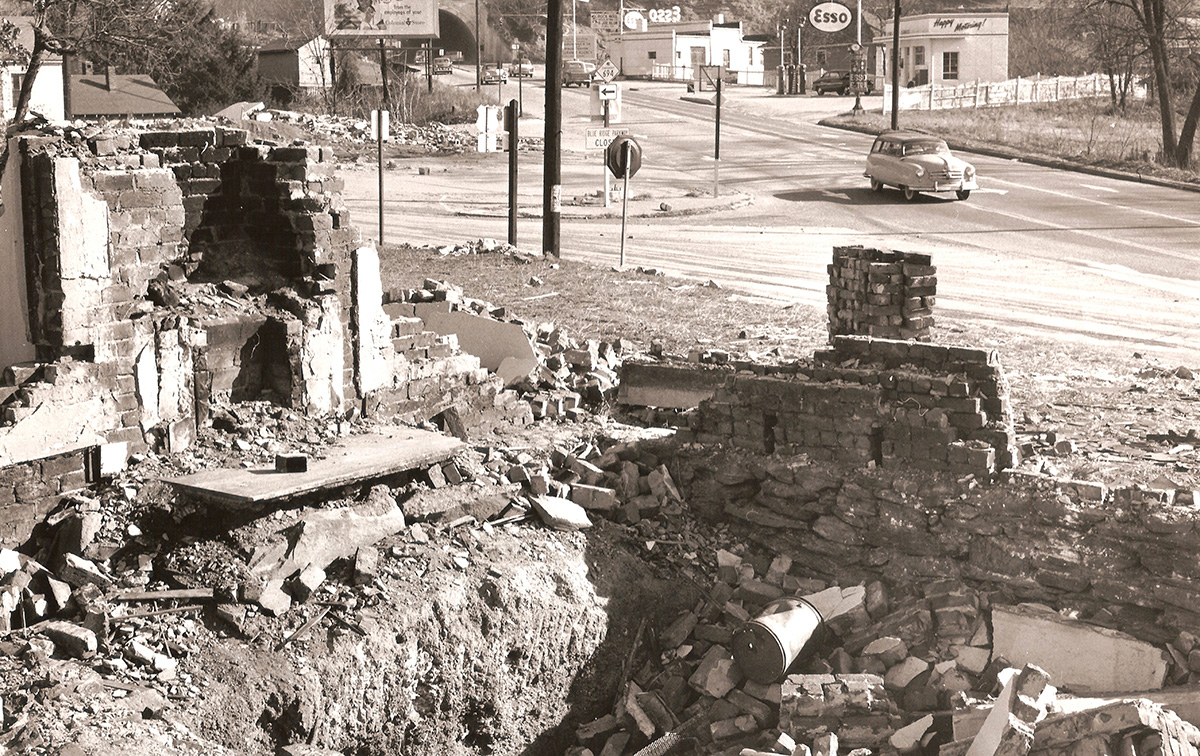
Why MountainTrue Must Fight Racism
MountainTrue has been evolving toward a wider focus. Yes to protecting forests and rivers and advocating for better public transit, more greenways, clean energy, and dense development for the environmental benefits, but we are also thinking more broadly about how we can help foster communities where people are truly healthy. And this means communities that are free from racism, and where there is equity in the social determinants of health — housing, transportation, education and jobs. Here are some of the reasons why.
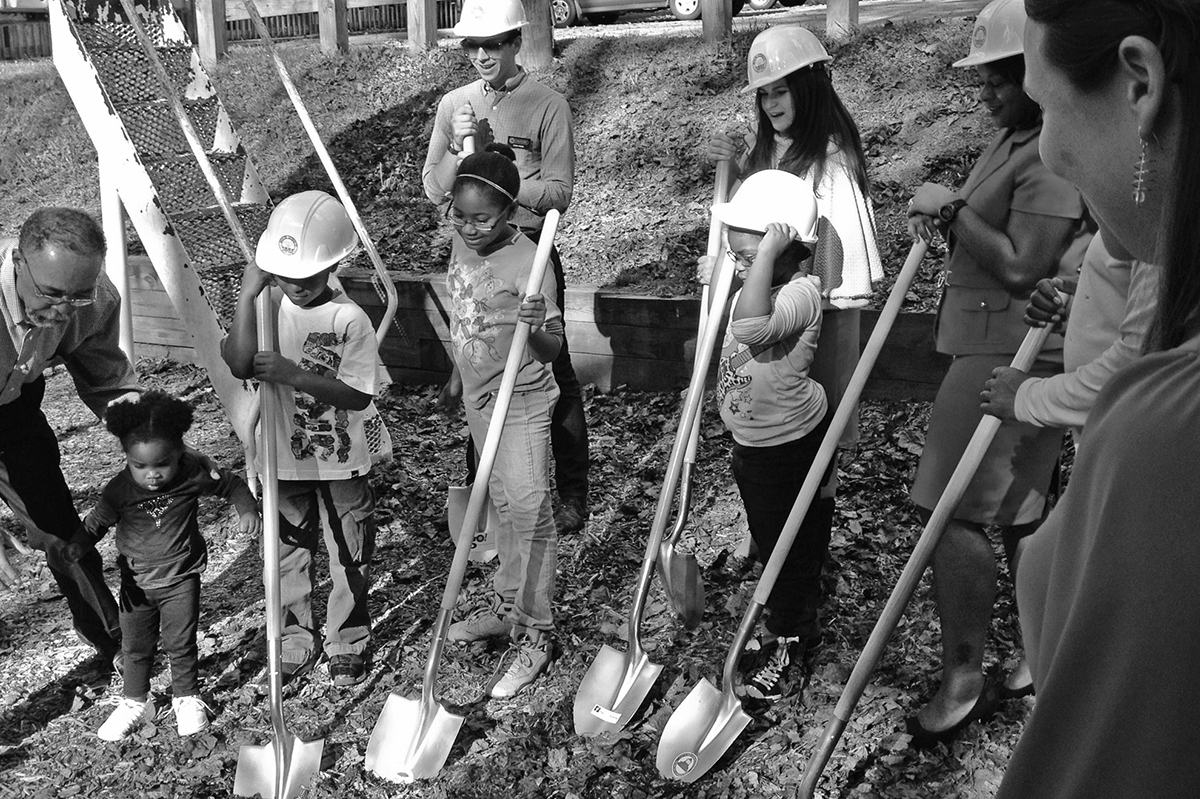
Where MountainTrue Has Been and Where We’re Going
MountainTrue, like most environmental organizations, has a membership, board, and staff that are largely white. This just means we need to work harder to diversify our staff, board and membership and to focus our programs in ways that will particularly benefit people of color and help redress systemic racism. This is an overview of some of the ways we’re working to diversify our organization and make equity a bigger part of our program work.
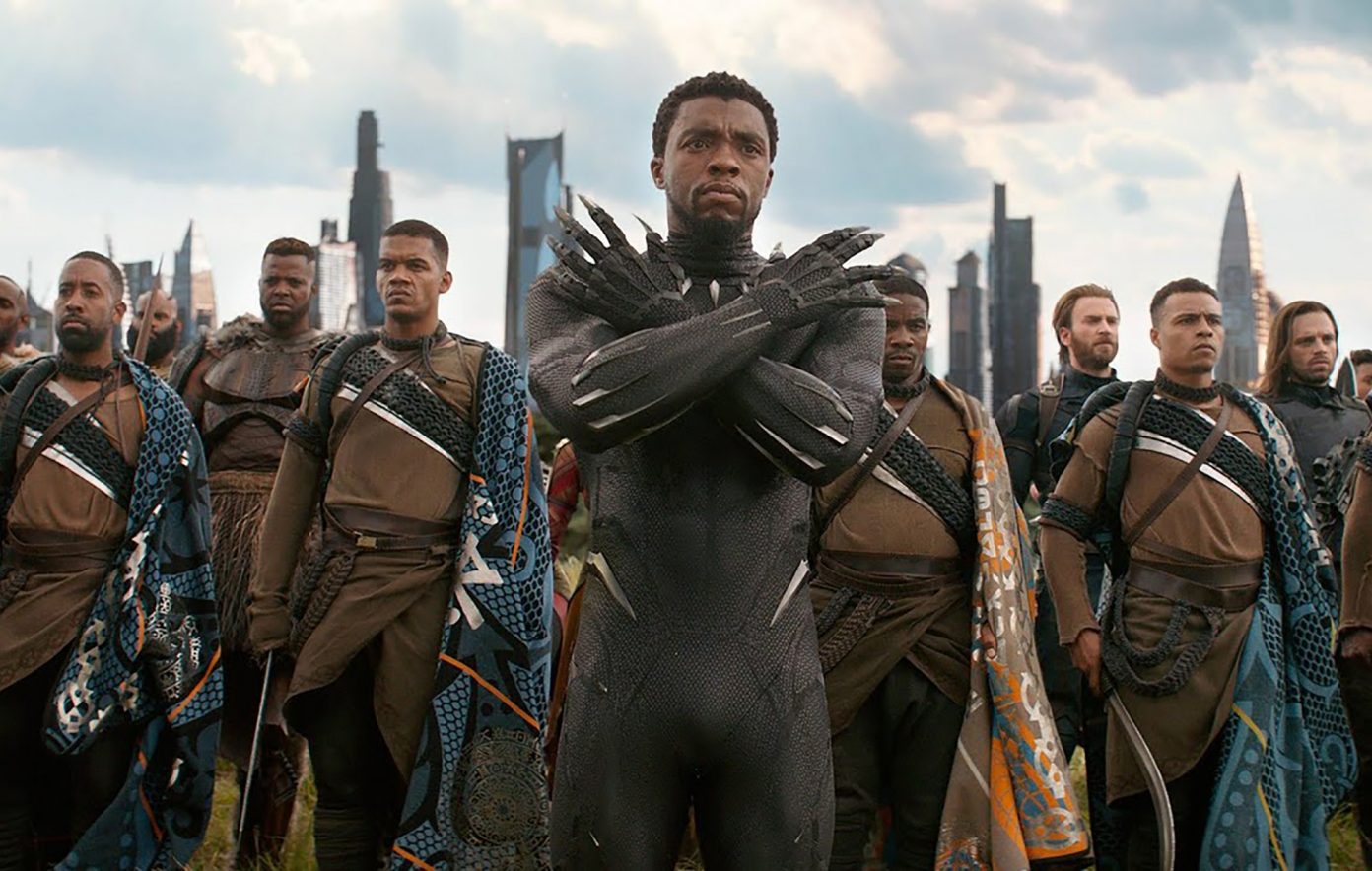
Celebrate Juneteenth with Black Media and Stories About the Struggle for Freedom
This Saturday is Juneteenth, an annual holiday commemorating the end of slavery. To help celebrate the end of American slavery, MountainTrue staff offer up some of our favorite movies, books and podcasts that tackle the issues of race, empowerment and equity. Read our picks.
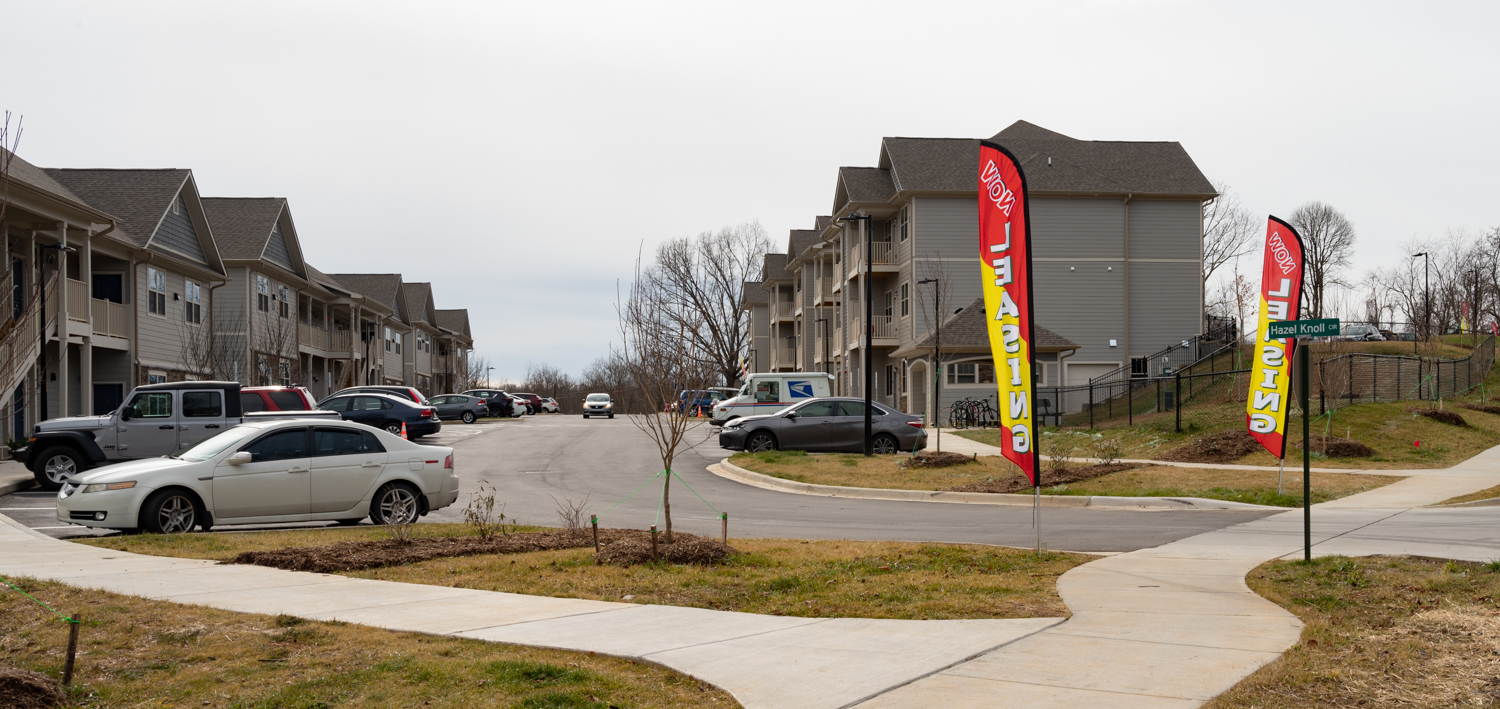
Rethinking Smart Growth. Reclaiming Community Design’s Radical Roots
Addressing the forces that drive gentrification and racial and economic displacement should be central to the mission of Design Centers today, as they once were in the 1960s. Given their origins, Design Centers should not be neutral in the face of social injustice or the destruction of the environment.
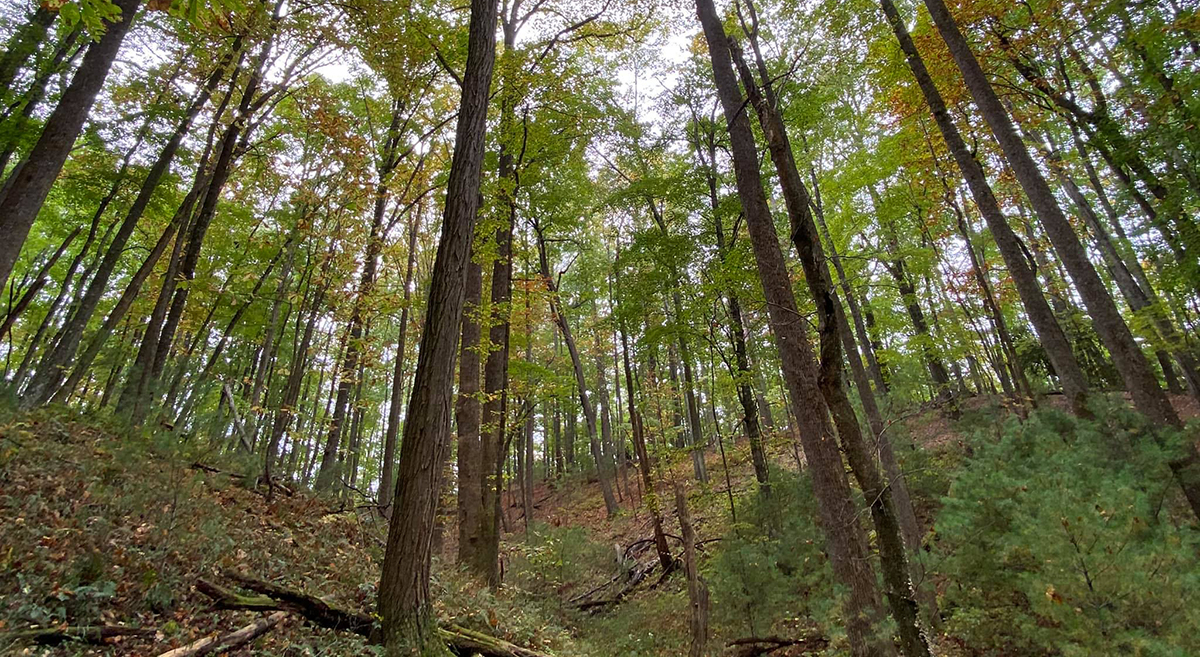
A Black Naturalists Journal
The serenity of nature is like the hug from a friend we all desperately need. The glow and warmth it leaves me with brings me in touch with this land, our planet, not as we have made it, but as it is. September 23, 2020. Justice was outright denied for the young, lively, human being Breonna Taylor. September 23, 1955. Justice was spit on in the case of poor, young Emmett Till. It is the morning after the ruling in Breonna’s case, I’m sipping coffee, paying mind to how I really feel.
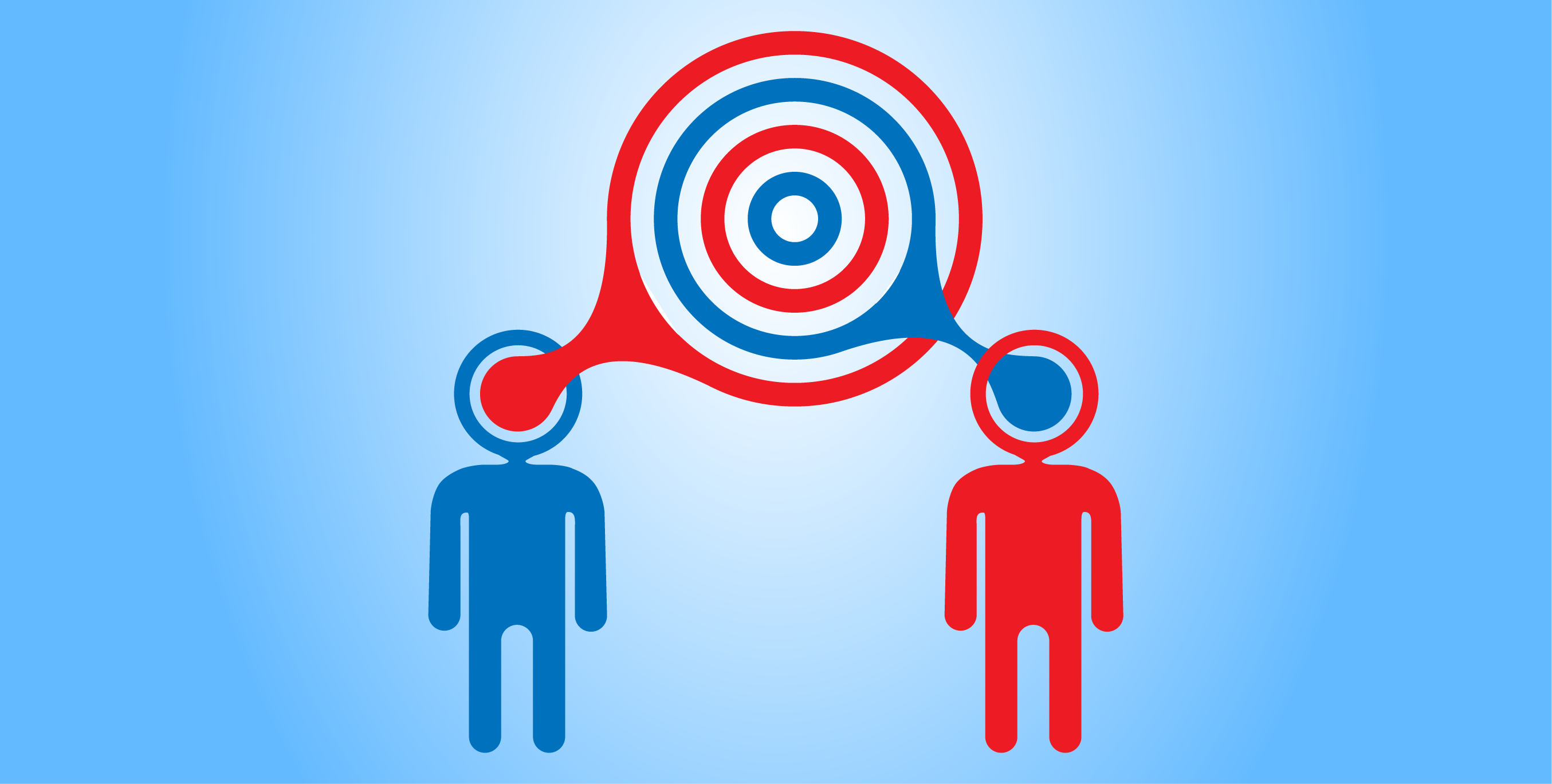
On Division, Communicating the “Inflammatory”
A hot word: “Divisive.” Here in the United States, we talk a lot about how divided we are. But how do we become divided? Before our divisions are philosophical, they are linguistic. Ask any Facebook user what it’s like to use that platform to engage with others on any important issue or hot topic, and their head just might explode. We all see what’s happening around us objectively: we are in a pandemic, nationwide protests happen almost daily, it is an election year, first Australia was engulfed in flames, then the Western US coast. We are living through the same objective events, and most of us are likely seeking similar outcomes: we want health for ourselves and our loved ones, we want as little loss of life as possible by the end of this pandemic, we want our nation to serve justice, we want our planet to be habitable for future generations. Above all, we keep hearing how important for Americans to once again be united as a people, how we’re all so tired of the division. While we all originate from different backgrounds, cultures, family structures, and we have lived different lives, had different experiences, and possess different goals, I like to think that we’re not as different as we think we are.
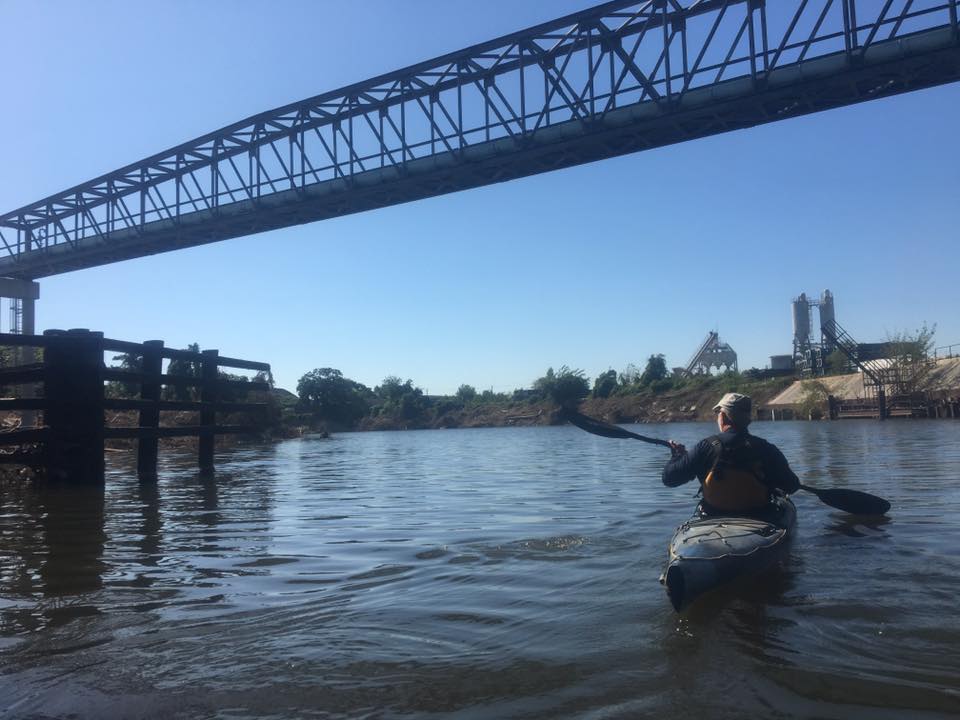
Harvey’s Toxic Wake
French Broad Riverkeeper Hartwell Carson reports back from Houston where Hurricane Harvey had another dangerous effect: flooded superfund sites. Hartwell notes the dichotomy of the storm’s effects on business districts as opposed to poorer neighborhoods located near industry and refineries.
Resources
Systemic Racism Explained | act.tv
Racism affects every area of life in the US. (Video).
#DoTheWork 30 Day Free Course | Rachel Elizabeth Cargle
This course is designed to be an eye-opener and a call to action for those who seek to be allies to Black women.
We’re Here. You Just Don’t See Us. | Outside
Latria Graham discusses the common misconception that black people don’t love wild places. The problem isn’t desire, but access.
Of Course There Are Protests. The State Is Failing Black People | New York Times Opinion
Professor Keeanga-Yamahtta Taylor, author of From #BlackLivesMatter to Black Liberation, discusses police brutality in the context of America’s failure to improve the lives of Black people.
Dear White People
This MountainTrue University features Tanya Marie, a MountainTrue board member and founder of Pathways to Parks. Tanya Marie shares stories of how she’s experienced racism as a black woman in WNC and in the outdoors. She believes that when white people strive to understand the ugly disease of racism, they can become allies to black people to effectuate the ‘change’ that America so desperately needs.
Faith, Ecology & Race
On September 23 we hosted a conversation between Reverend Tami Forte Logan, Missioner of Faith4Justice Asheville, and Reverend Scott Hardin-Nieri, Director of the Creation Care Alliance. They explored issues of faith, ecology and race while talking about how their individual programs and efforts to promote justice in our community complement each other’s efforts.
